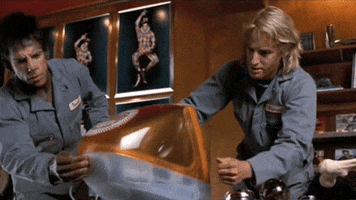5v333
Well-known member
In particle physics interactions(some?) are discribed as exchanging of particles.
This violates one of the most fundamental laws in universe. Conservation of energy.
However this is possible for a short time period prior to the decay of an Exchange particle. This time window depends on guess what?
Heisenbergs principle of uncertainty!
After the summer comes
Relativistic physics
Statistical physics
Atomic/molecular physics
And a theoretical course in history, gender equality in science etc.
This violates one of the most fundamental laws in universe. Conservation of energy.
However this is possible for a short time period prior to the decay of an Exchange particle. This time window depends on guess what?
Heisenbergs principle of uncertainty!
After the summer comes
Relativistic physics
Statistical physics
Atomic/molecular physics
And a theoretical course in history, gender equality in science etc.
Last edited:







![Electronics Soldering Iron Kit, [Upgraded] Soldering Iron 110V 90W LCD Digital Portable Soldering Kit 180-480℃(356-896℉), Welding Tool with ON/OFF Switch, Auto-sleep, Thermostatic Design](https://m.media-amazon.com/images/I/41gRDnlyfJS._SL500_.jpg)





























